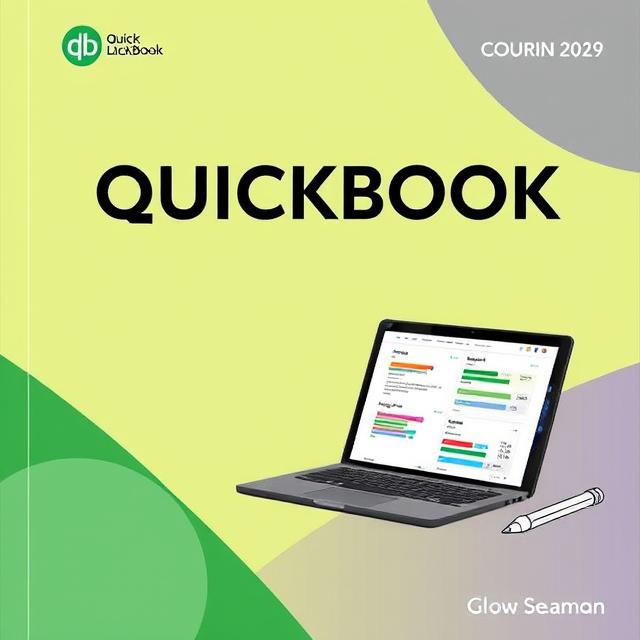Essential Advice for Writing Strong Academic Papers

When students start a writing assignment, they often feel overwhelmed by the task ahead. Whether it's an essay, term paper, or research project, the process can seem daunting. However, by breaking the task into manageable steps and adhering to creative and ethical study practices, students can tackle any writing project with confidence. These practices not only help in maintaining academic integrity but also in producing a well-organized and thoughtful paper.
The first step in writing any academic paper is understanding the assignment's requirements clearly. Students should pay attention to the guidelines regarding formatting, length, and content. Being aware of these parameters is essential for staying on track throughout the writing process. Before beginning the research, it’s crucial to have a clear idea of the topic and what the paper is aiming to argue or analyze. Once the topic is chosen, students should gather relevant, credible sources that contribute to the development of their ideas. Books, peer-reviewed journals, and scholarly articles are excellent resources for finding solid evidence to support arguments.
Creative and ethical study practices play an important role in this phase. It is essential to think critically about the sources you choose, ensuring that they are reliable and relevant to the topic. Additionally, avoiding plagiarism is a key aspect of maintaining academic integrity. When using someone else's ideas or words, it is vital to cite the sources correctly. Ethical writing also means respecting your own creativity by avoiding any shortcuts, such as copying or paraphrasing without proper attribution.
A great strategy for organizing your thoughts before diving into the writing process is creating an outline. This step is especially important for larger papers, such as term papers or research projects. The outline acts as a roadmap for your paper, helping to organize your ideas logically and ensuring that each section flows smoothly into the next. For instance, if you’re writing a reflective essay, having a structured outline helps keep your personal insights and critical analysis well-organized and on track.
Once the outline is in place, students can begin drafting the introduction, body paragraphs, and conclusion. The introduction is crucial as it sets the tone for the rest of the paper. It should provide some background on the topic and clearly state the thesis or main argument. The thesis statement should guide the direction of the entire paper, helping the reader understand what to expect in the following sections. When writing the body paragraphs, remember to stay focused on the main argument, offering clear and well-supported points. For instance, when writing about a historical event, include evidence and analysis that ties back to your thesis, explaining its relevance and significance.
As for the conclusion, it should not just restate the introduction or summarize the paper’s arguments. Instead, it should offer a final reflection or insight that leaves the reader with something to think about. It’s important to tie up any loose ends and restate the importance of your argument or analysis in the broader context.
Students can also benefit from learning about types of hooks in writing. A hook is the first sentence or two of your essay that grabs the reader’s attention and makes them want to continue reading. There are several types of hooks to consider: you could start with a compelling question, an interesting fact, a quote, or even an anecdote. The key is to create an engaging introduction that draws the reader into the topic, setting the stage for the rest of your paper.
To help improve your academic writing skills, a great resource is the YouTube channel Better Ideas. This channel offers valuable advice and insights on a wide range of topics, from productivity and organization to creative thinking. If you're looking for ways to enhance your writing or develop more effective study habits, visiting this channel could provide some fresh perspectives and practical tips.
Once the first draft is completed, it's time for revision. It’s essential to read through the paper with a critical eye, checking for clarity, coherence, and logical flow. Often, students find that reorganizing paragraphs or rewriting certain sections helps to strengthen their argument. Additionally, it’s crucial to check for grammar, spelling, and punctuation errors, as these can detract from the overall quality of the paper.
Finally, seeking feedback from peers or instructors can be a useful way to improve your paper. A fresh set of eyes can spot areas that need clarification or suggest ways to improve your argument. Remember, writing is a process, and the more time you spend revising and refining your work, the stronger the final product will be.
By following these strategies—proper planning, critical thinking, and ethical study practices—students can craft well-organized, thoughtful academic papers that meet the requirements of their assignments and demonstrate a deep understanding of the topic. Whether you're writing an essay, term paper, or research project, these principles can help guide you toward academic success.






